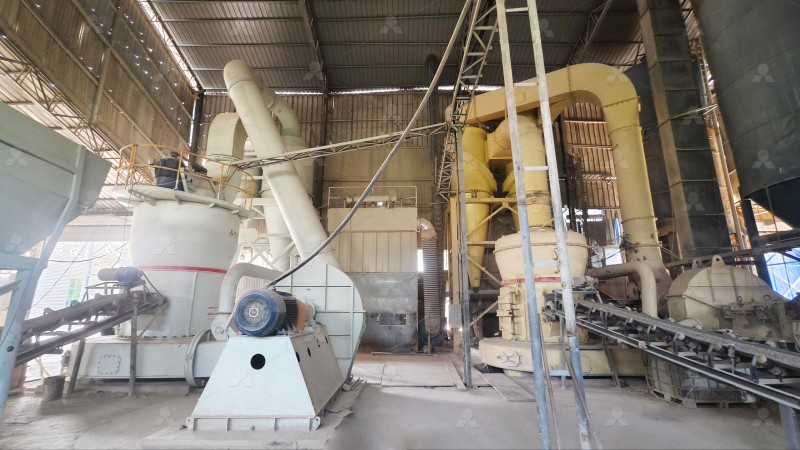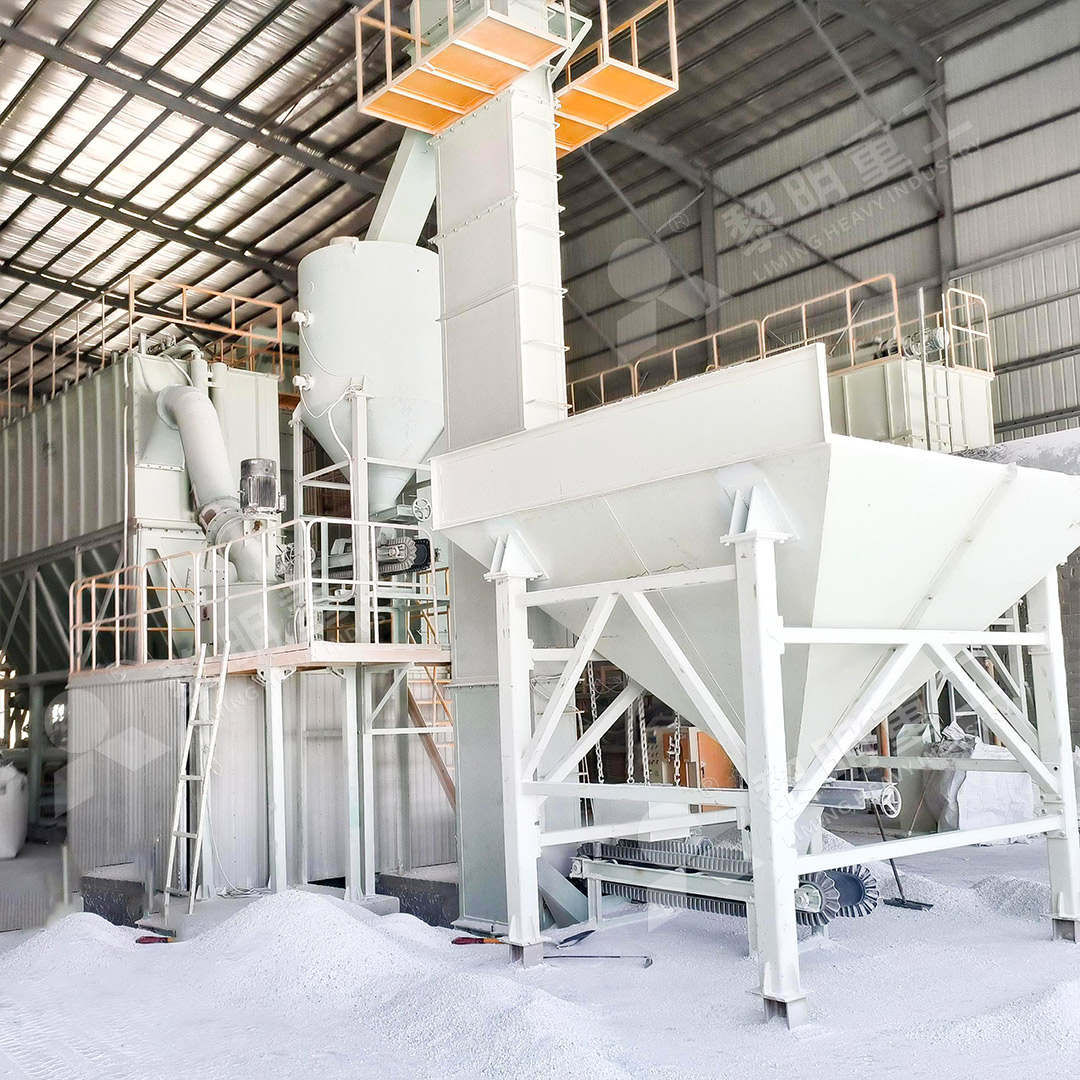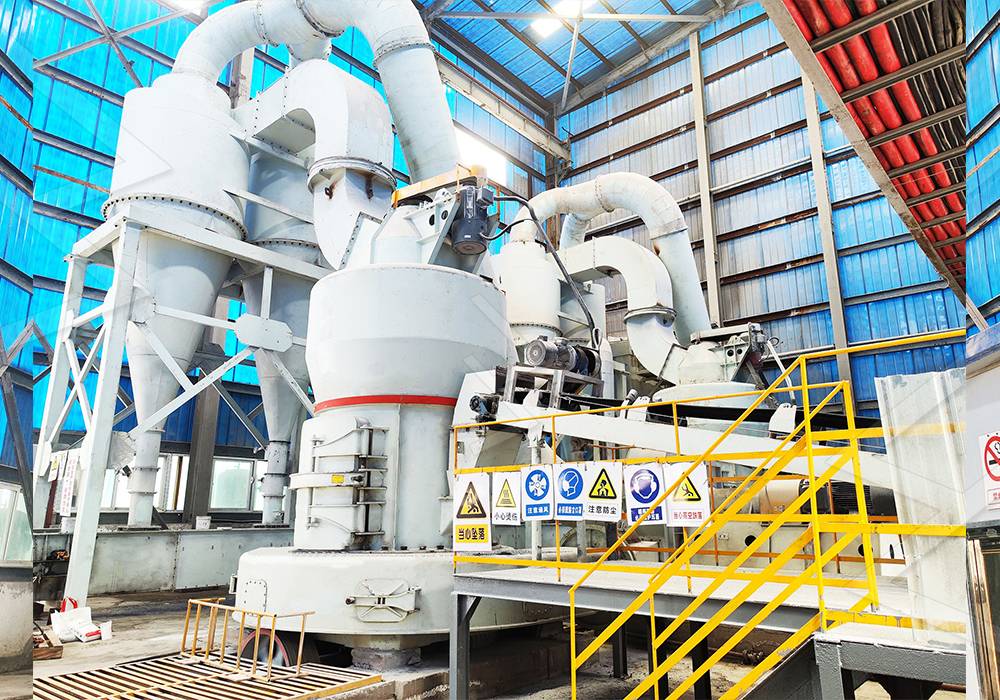Top 10 Stationary Sawmill Equipment Manufacturers in Nigeria
We provide a wide range of mills — including Raymond mill, trapezoidal mill, vertical mill, ultrafine mill, and ball mill, obtained ISO9001 international quality certification, EU CE certification, and Customs Union CU-TR certification. Suitable for processing minerals such as limestone, phosphate, quicklime, kaolin, talc, barite, bentonite, calcium carbonate, dolomite, coal, gypsum, clay, carbon black, slag, cement raw materials, cement clinker, and more.
The discharge range of these mills can be adjusted to meet specific processing needs, typically from 80-400 mesh, 600-3250 mesh, and can achieve the finest particle size of up to 6000 mesh(D50).
If you are looking for a reliable grinding solution to turn stone or minerals into fine powder, please feel free to contact our online customer service.
Navigating Nigeria’s Sawmill Machinery Landscape
The Nigerian timber and wood processing industry is a significant contributor to the nation’s economy, demanding robust and efficient stationary sawmill equipment. The choice of manufacturer is paramount, impacting everything from operational uptime to the quality of the final sawn product. While the market is diverse, featuring both local fabricators and international giants, the top-tier manufacturers distinguish themselves through reliability, after-sales support, and technological innovation. This list compiles some of the most respected names supplying stationary sawmills, bandmills, resaws, edgers, and planers to the Nigerian market.

Key Players in the Market
When investing in heavy machinery like a stationary sawmill, factors such as build quality, power requirements, maintenance needs, and local technical support are non-negotiable. Leading manufacturers understand the unique challenges of the Nigerian environment, including power fluctuations, humidity, and the hardness of local timber species. They offer equipment built to withstand these conditions, often providing training and a reliable supply of spare parts to minimize costly downtime.
Beyond the Blade: Supporting Industries
A modern sawmill’s efficiency isn’t just about the saw. The entire process, from log handling to waste management, relies on auxiliary equipment. This is where companies known for robust industrial grinding solutions become invaluable partners. For instance, processing the substantial amount of wood waste (sawdust, bark, shavings) generated is a major opportunity. Instead of disposing of it, this biomass can be pulverized into a valuable product for particleboard, pellets, or boiler fuel.
One standout solution for this is the MW Ultrafine Grinding Mill. This machine is a game-changer for mills looking to add value to their waste stream. Designed to produce ultra-fine powder from a variety of materials, it’s perfectly suited for turning wood waste into a high-value, consistent product. With an input size of 0-20 mm and a capacity ranging from 0.5 to 25 tons per hour, it can handle the output of most mid-to-large-scale operations. Its efficient pulse dust collector ensures the production process is clean and environmentally friendly, a crucial consideration for modern, compliant operations. For any sawmill serious about maximizing profit from every log, integrating a grinding system like this is a smart move.

Conclusion: Investing in Efficiency
Choosing the right equipment manufacturer is a strategic decision that affects long-term profitability. The top manufacturers offer more than just a machine; they offer a partnership, ensuring your investment continues to perform year after year. By also considering value-added processes like waste grinding with reliable equipment such as the MW Ultrafine Grinding Mill, Nigerian sawmills can significantly enhance their operational efficiency and bottom line.

